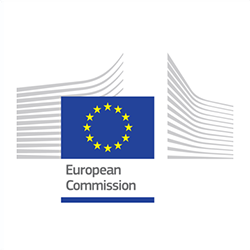Refus du paiement en espèces en raison du Codiv19, le Défenseur des droits rappelle les règles et invite aux bonnes pratiques
Date of article: 01/04/2020
Daily News of: 01/04/2020
Country:  France
France
Author:
Article language: fr
Lundi 30 mars, le Défenseur des droits a attiré l’attention du gouvernement et des professionnels du commerce et de la distribution sur les difficultés rencontrées par les personnes bénéficiant d'une mesure de protection judiciaire (régime de tutelle, de curatelle, ou de sauvegarde de justice) qui se voient refuser des règlements en espèces dans certains commerces ou grandes enseignes de la distribution.
Ces personnes, dites « majeurs protégés », ainsi que certaines personnes en situation de précarité sociale ou économique ne disposent pas de tous des moyens de paiement classiques, comme des cartes de paiement ou des chèques.
Pourtant, certains commerçants refusent désormais le paiement en espèces, privilégiant les paiements électroniques qui ne nécessitent pas de contact entre le caissier et le client.
De telles pratiques ont pour effet de désavantager les majeurs protégés ainsi que les personnes en situation de précarité sociale ou économique qui ne disposent pas d’un compte bancaire, en les privant des produits de premières nécessité. Cette situation relève des textes qui interdisent les discriminations, notamment la loi n° 2008-496 du 27 mai 2008.
Le refus de paiement en espèces dans les commerces ne fait pas partie des mesures restrictives relatives à la lutte contre la propagation du virus Covid-19, telles que détaillées dans la loi du 23 mars 2020 relative à l’état d’urgence sanitaire et les ordonnances d’application.
Aussi, dans cette période exceptionnelle, le Défenseur des droits rappelle :
- l’importance de garantir aux majeurs protégés et aux personnes en situation de précarité sociale ou économique l’utilisation des moyens de paiement nécessaires aux achats de première nécessité
- l’existence de bonnes pratiques de la part des commerçants, consistant à ouvrir des comptes pour les achats de première nécessité que le mandataire judiciaire pourra régler ultérieurement.


